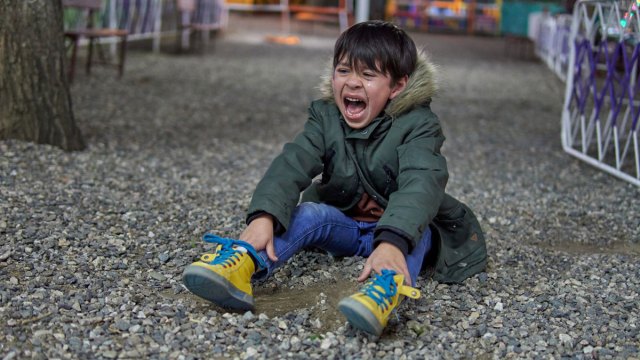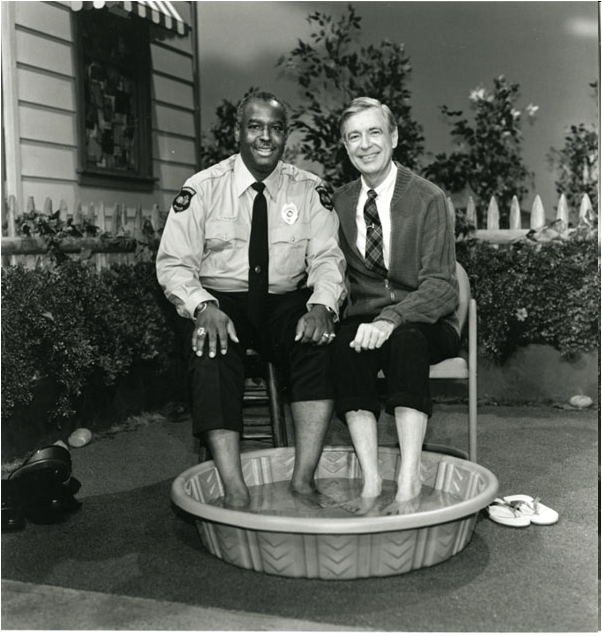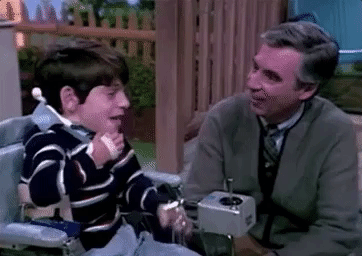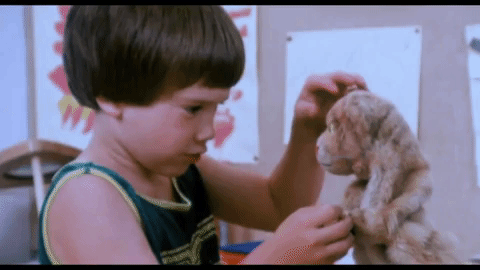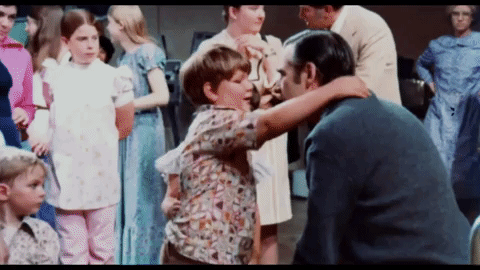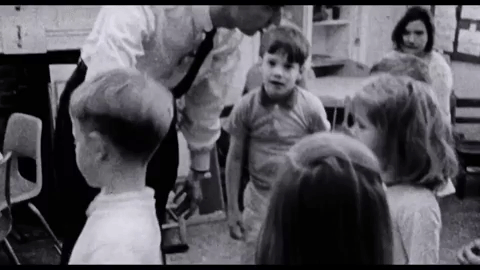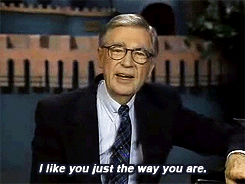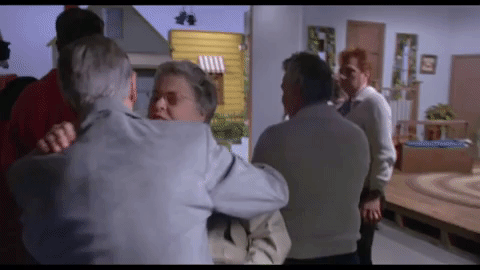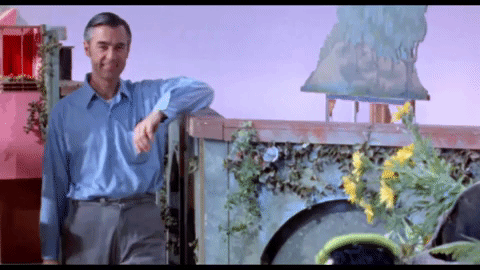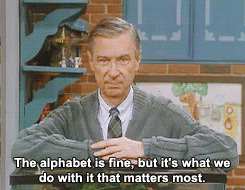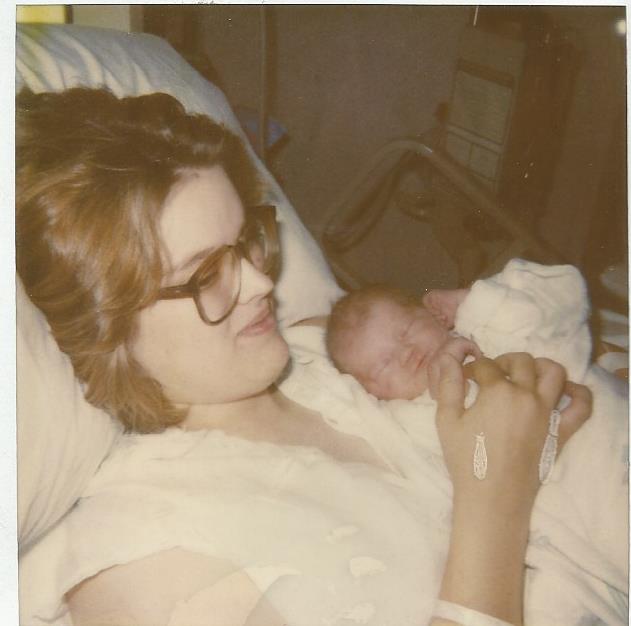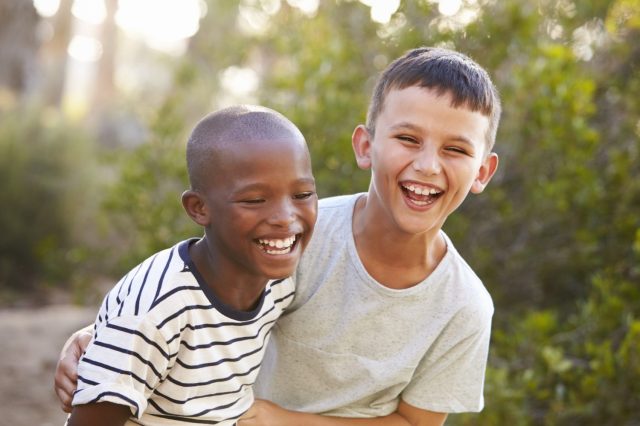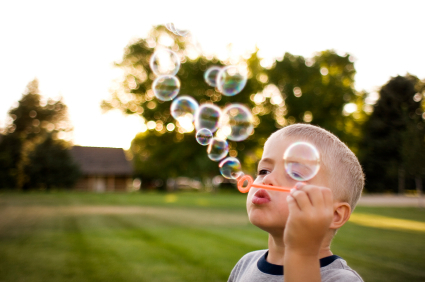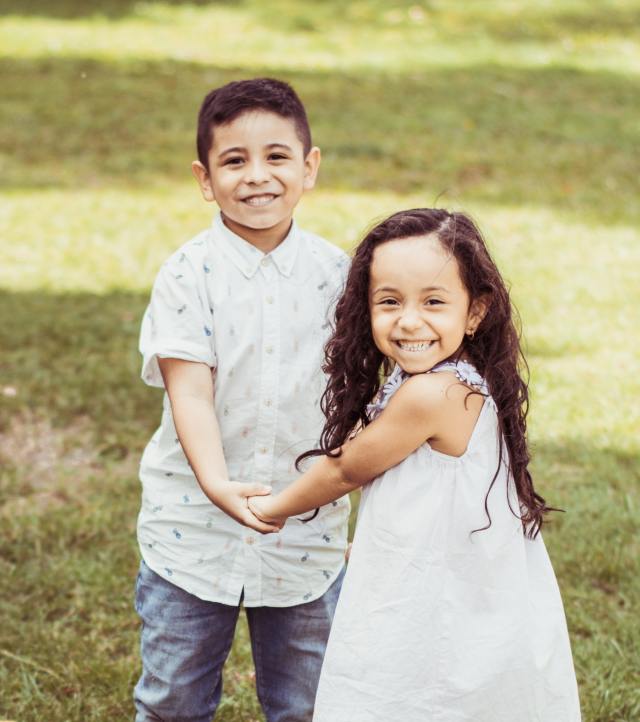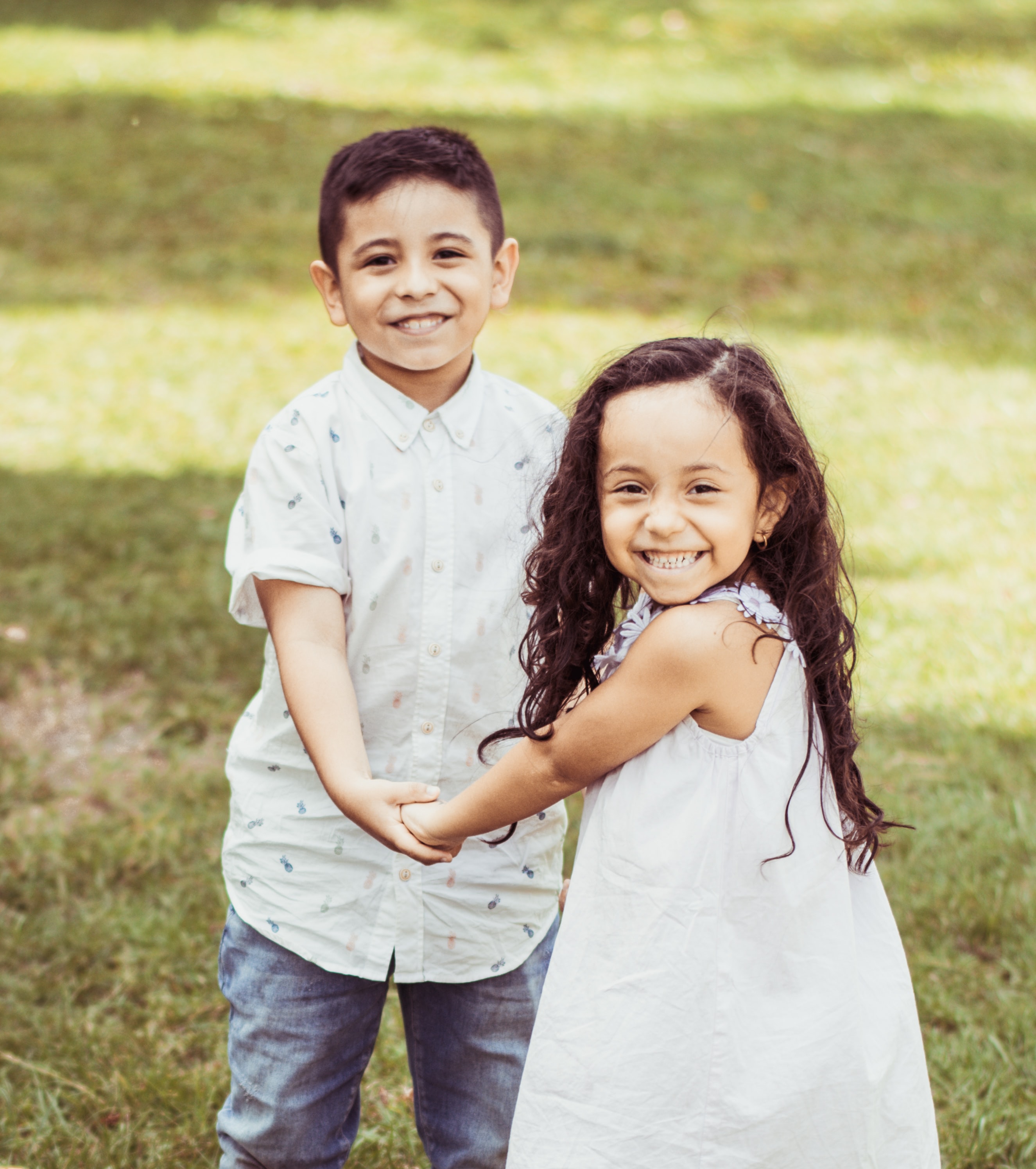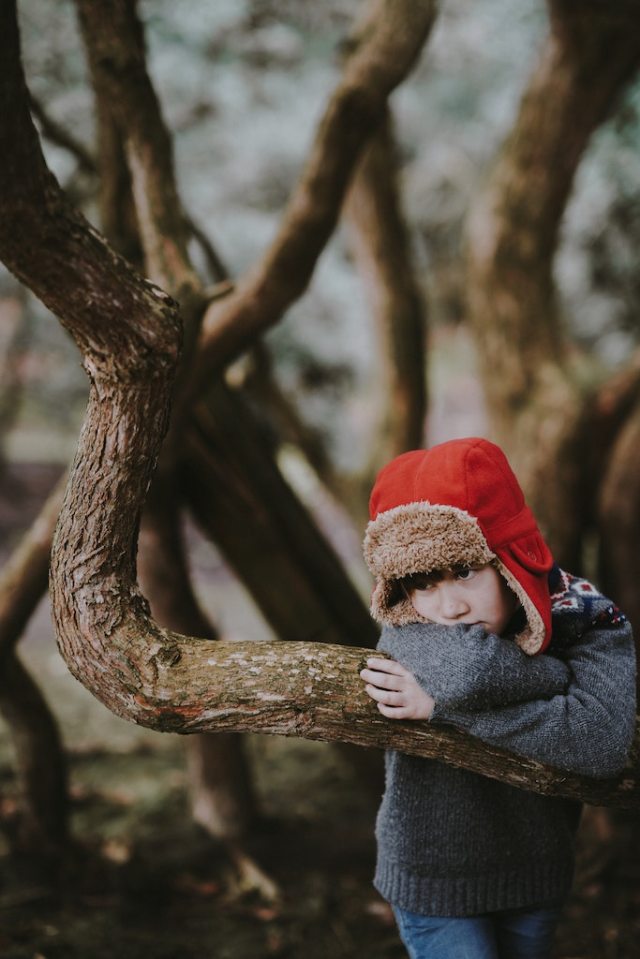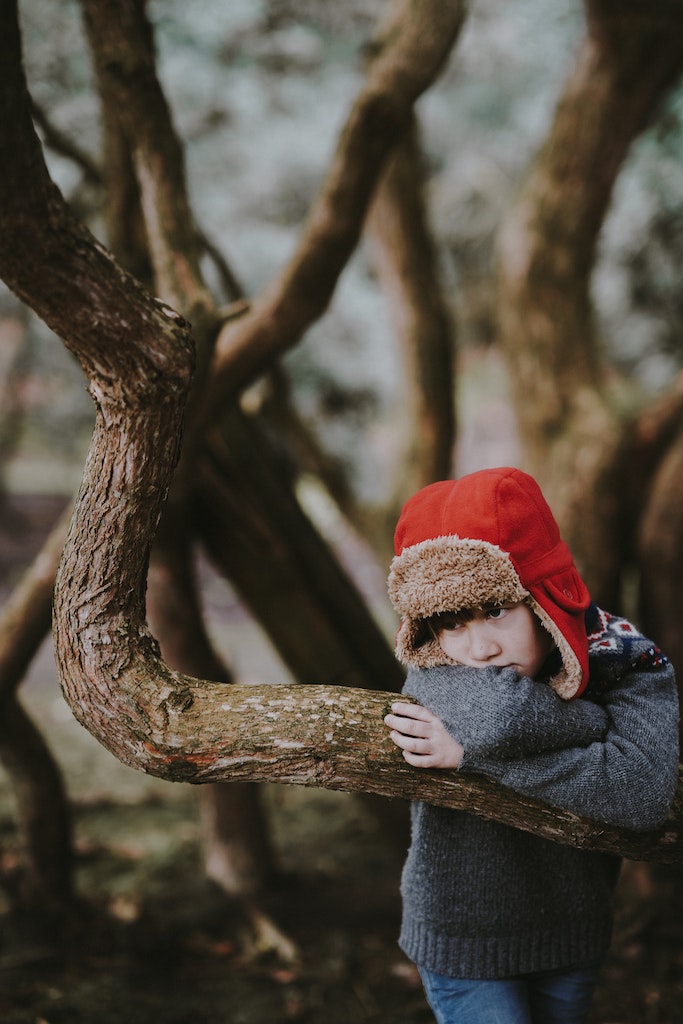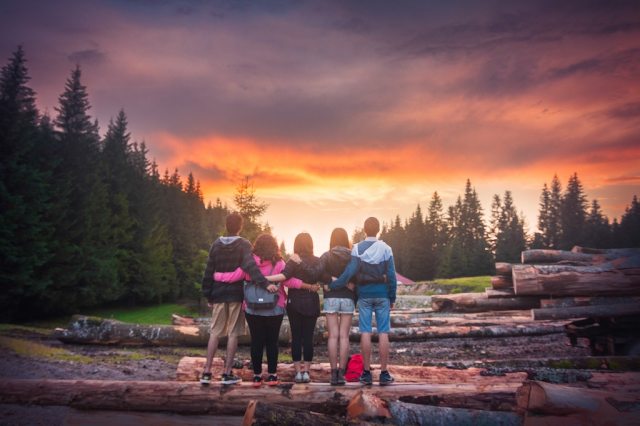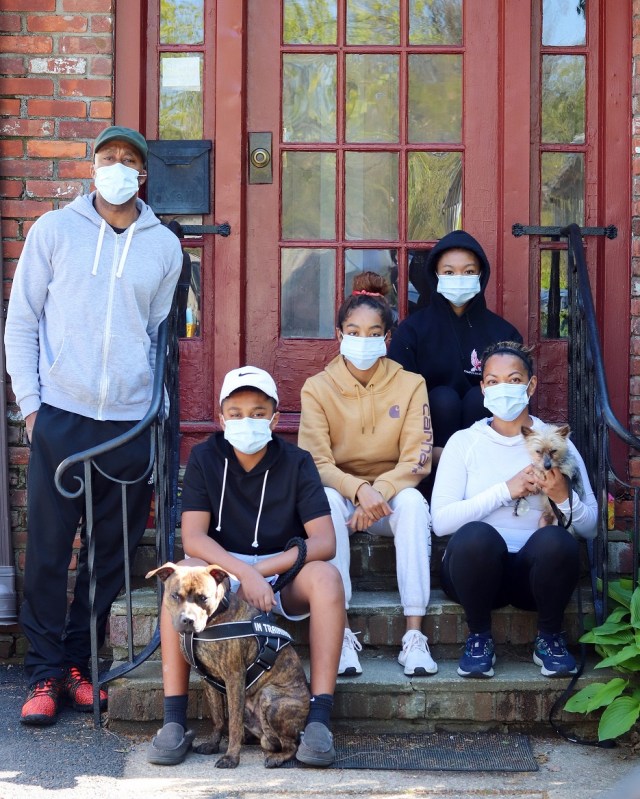Twelve years ago. Storytime at the public library. Ten little three-year-olds sit on their bottoms watching the librarian perform a lively and entertaining puppet show. The children’s mothers lounge on the floor by their children, laughing along with them and delighting in the enraptured look on their young faces.
Except for one mother. Me. I try to look relaxed and engaged, but the truth is my internal pressure gauge is rapidly rising. Oakley is not sitting with me. He has wiggled out of my grasp and is now in the front of the room trying to converse with the puppets in the show. He keeps leaning his head into the puppet theater to see where they go when they are not on the stage. He is speaking loudly, asking the people in the audience where they are hiding, and pushing against the flimsy puppet stage in an uncoordinated manner.
“Oakley, come sit down,” I say as gently as possible. As if. I know all too well where this is heading. He shoots me a look, full of impish daring. I eye the nearest exit. It seems miles across the library. “Oakley, come here.”
I start to crawl up to where he stands in front of the crowd. My cheeks redden, and I feel uncontrollably hot. Why did I ever try to bring him here? Something about the fluorescent lights, the quiet tones, and the cavernous space always makes Oakley become unglued. I must have had a lapse in judgment when I thought it would be fun.
Oakley looks at me again, grins, and snatches a puppet right off the librarian’s hand. “No Oakley!” I half-shout and half-groan. I reach for him, but it is too late; he is off. All the mothers smile sympathetically at me, and the librarian pops her head up. “Uh-oh,” she says.
Uh-oh nothing… this is just the beginning. I stand up and walk swiftly after Oakley. I do not dare run in the library. “Oakley,” I call in my best public I-can-handle-this voice. “This is not funny. Come back.” He darts between two shelves of books and sprints with the puppet in his hand to the farthest recesses of the library; I am in hot pursuit. He weaves from one aisle to the next and squeals with delight as I gain on him. “Oakley,” I hiss when I think no one can hear. “Stop.”
He is little but nimble, and without sprinting, there is no way I can get him. He seems to know that I don’t want an embarrassing scene and uses it to his advantage. He zooms out to the study corral area and shrieks with unbridled joy. He is obviously enjoying the sound of his own voice bouncing off the high ceilings in this quiet atmosphere.
People all around the library are now watching: Many look annoyed, a few curious about who will win our little game of tag, and one or two look genuinely sympathetic. The puppet show lady is now standing up staring at our spectacle, and all the children who were watching her show are now watching our show. As he flies by the check-out area, another librarian calls out, “He can’t do that in here!” Obviously, I think, but I just smile at her and weakly reply that I know.
He spins down a reference aisle, and I start to lose it. I am now openly running, realizing that it is the only way. Again I hiss, “ Stop or I will pull your ear!” Somehow that sounds more dignified than shouting that I will spank him. I close the gap between us, then lunge. I grab the back of his shirt and pull him to me. His squeals of delight turn to screams of outrage. “Let me go. Let me go!” He thrashes and writhes, and I can barely hold him.
Tucking his 40-pound body under my arm in a football hold, I try to walk back to the children’s section to return the puppet. It is no easy task. Sweat covers my body. He is putting up an intense fight to match his intense fury. I return the puppet and beg forgiveness. The mothers are no longer smiling; many are averting their eyes.
I realize that I can not leave the library carrying him and our assorted bags while he is tantrum-ing, and we have to get out of here. So, praying no one in this library knows me, I take his jacket and tie it around his arms and torso like a straight jacket. I tie it in the back, grasp the knot tightly in one hand, hold our things in the other, and drag him against his will out of the library like a trussed turkey. Everyone watching us.
Finally, we make our way out the doors and onto the sidewalk. Exhausted and in desperate need of a regroup, I sit us both down on the curb. I look at Oakley. The fresh air has stilled him. He is not screaming anymore; he has moved on and is blissfully watching the cars pass by.
“Oakley, you can’t do that. It makes mama so sad.”
“You proud of me?” he asks.
“No, Oakley. I am angry that you ran away and screamed in the library.”
“Don’t be angry. Be proud!” Oakley grins wildly, and his eyes shine.
It is obvious that he doesn’t get it. He thinks that we just played a romping game of chase. He was only angry because he lost. Now he sparkles. “Ugh,” I groan. How can I love this little nut so much? Another trip to the library, another year off my life.
This story sums up Oakley’s and my life together. He has brought me to my knees countless times and filled my heart to the brim with pride. He has an incredible love of life and readiness to take on the world. Now, at 15, he bikes on six-foot-tall unicycles, does backflips, juggles, and still laughs with maniacal glee. He is still the same nut he was at three—and he still doesn’t do well keeping his bum on the floor.
Originally posted February 2019.
RELATED LINKS
Knowing When to Let My Son Take the Lead Has Never Been Easy
Loving My Wild Child Means Fully Accepting His Extremes
5 Ways to Deal with Toddler Tantrums (without Losing Your Cool)
